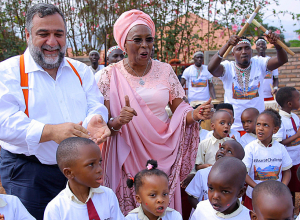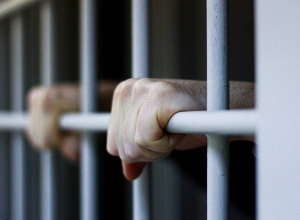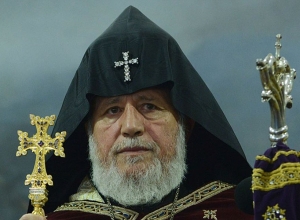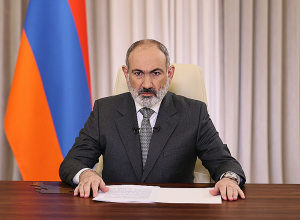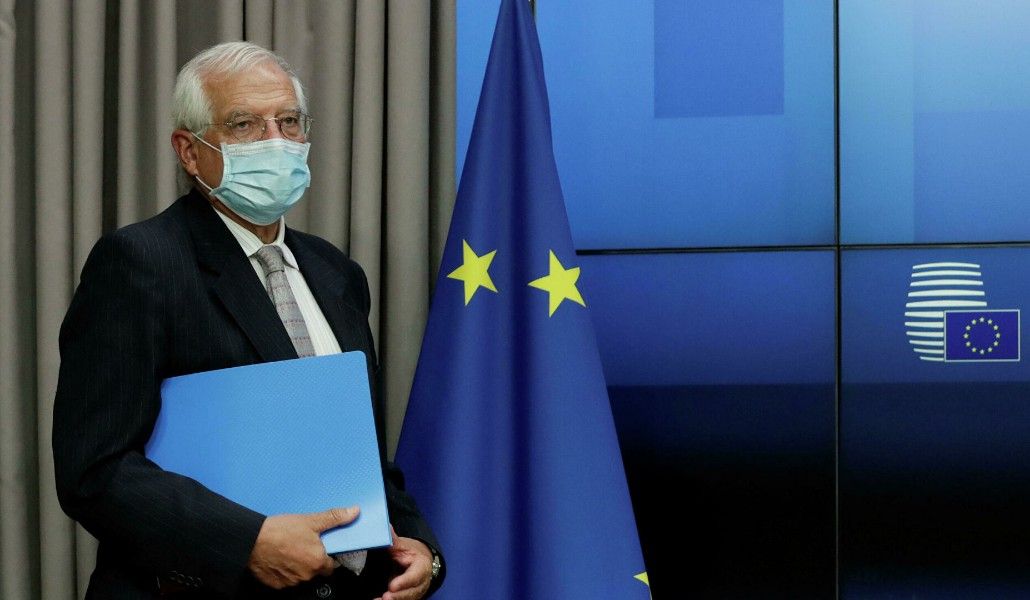
Our position is clear: the fighting must stop։ Josep Borrell
Support A1+!Nagorno Karabakh: Remarks by the High Representative / Vice-President Josep Borrell at the EP plenary debate on the resumption of hostilities between Armenia and Azerbaijan
Thank you Mr President, Honorable Members of the European Parliament,
Members, the current military confrontation along the Line of Contact in the Nagorno Karabakh conflict zone is of our utmost concern. It is the largest confrontation since 1993-1994. We have been very engaged on this issue.
On the day that fighting erupted, I released a statement as High Representative, calling for an immediate cessation of hostilities, de-escalation and strict observance of the ceasefire. During the past days, I have had several phone calls, separately, with the Armenian and the Azerbaijani Foreign Ministers, urging both sides to stop the hostilities and to return to the negotiating table.
Our position is clear: the fighting must stop. Both sides need to re-engage in meaningful negotiations – which, by the way, have not been very fruitful in the last 30 years - without preconditions, under the auspices of the OSCE Minsk Group Co-Chairs. There can be no military solution to the conflict, nor external interference. This position was reinforced by the European Council held on the 1st and 2nd of October.
We have seen extremely worrying reports of a surge in attacks on populated areas, which is taking a deadly toll on civilians. We strongly urge the sides to fully observe their international obligations to protect civilian populations. And, with the resources we have, we have urgently allocated a small amount of money [€500,000] in humanitarian aid for the affected populations.
In fact, we do not have a lot of information about how the conflict is developing. Detailed information is scarce and there is a lot of fake news.
OSCE monitoring on the ground remains suspended, so we do not have observers. But what we observe is an increasing amount of disinformation, which is aimed at mobilising the domestic audiences in both countries and could be used to pull regional actors into the conflict. Media reports need, therefore, to be examined with great caution, because we do not have confirmation of some of the news that has been disseminated.
At this stage, further escalation of the conflict and involvement of regional actors, unhappily, cannot be excluded. This would seriously threaten the stability of the whole region.
On the 30th of September, I discussed the situation with the Russian Foreign Minister and I also spoke with the Turkish Foreign Minister - the two regional actors that are closer to the conflict. I emphasised the importance of de-escalation, the importance that regional actors refrain from any activity and rhetoric that could inflame things even further.
I spoke to the Foreign Ministers of Armenia and Azerbaijan during the weekend. I stressed that the increase of civilian casualties is unacceptable. I heard from both sides the actions taken by the other side; each one of them blames the other for starting and for attacking civilian populations, not in Nagorno Karabakh itself, not in the region in dispute, but from Armenia to Azerbaijan and from Azerbaijan to Armenia.
The fighting should stop. The OSCE Minsk Group Co-chairs are going to have meetings this week with the Foreign Affairs Ministers of the two countries, and the only way to get out of this situation is that the Minsk Group Co-chairs pushes for immediate negotiations as soon as possible.
We will continue working with key partners to try to help stop the hostilities, because the only solution is to go back to the negotiating table. But this negotiation table has been open for the last 30 years without any kind of advance. War is not an alternative; we have to push both parties to stop fighting and start negotiating without preconditions. But this is, for the time being, not the case.
I am sorry that I cannot inform you more about that, because as I said, the information is very much scarce and we have to take care not to disseminate news that has not been confirmed.
